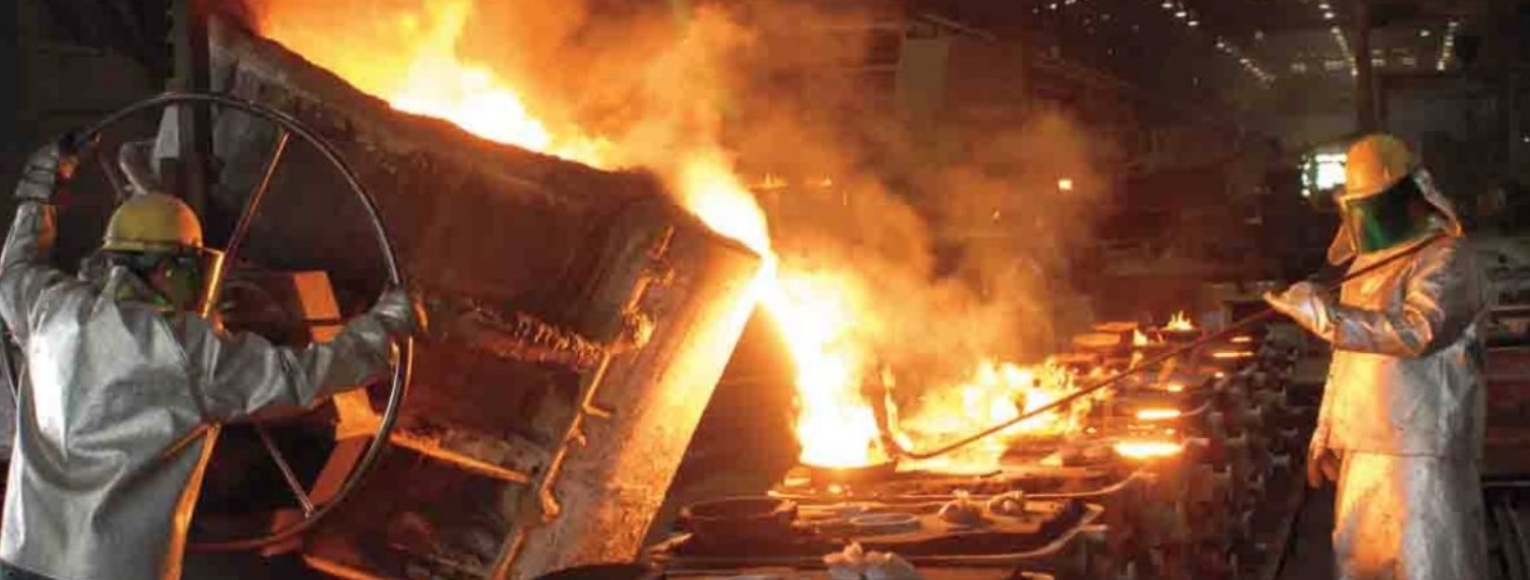
Leading sand casting manufacturers are increasingly adopting eco-friendly practices to minimize their environmental impact and meet the growing demand for sustainable manufacturing methods. Here are some key eco-friendly practices being implemented in the industry:
- Recycling of Sand: One of the most significant eco-friendly practices in sand casting manufacturers are the recycling of molding sand. Sand can be reused multiple times for casting, reducing the need for new sand and the associated environmental impact of sand mining.
- Energy-Efficient Equipment: Upgrading to more energy-efficient furnaces and machinery helps in reducing the overall energy consumption in sand casting manufacturers process. This includes the use of electric, rather than gas-fired, furnaces and implementing energy recovery systems.
- Use of Biodegradable Binders: Traditionally, chemical binders used in sand molds can be harmful to the environment. The use of biodegradable or organic binders reduces the emission of volatile organic compounds (VOCs) and makes the sand easier to reclaim.
- Waste Reduction and Management: Implementing strategies to minimize waste production, such as optimizing the design to reduce material usage, and proper management of waste products, including slag and dust, are crucial.
- Water Conservation: Reducing water usage in cooling and other processes and recycling water wherever possible helps in minimizing water wastage, which is especially important in regions facing water scarcity.
- Emission Control Technologies: Installing advanced emission control systems to capture and treat gases and particulates released during the melting and sand casting manufacturersprocess is essential to reduce air pollution.
- Sustainable Supply Chain Management: Ensuring that raw materials are sourced responsibly and from suppliers who also adhere to eco-friendly practices contributes to a more sustainable overall process.
- Digital and Automated Technologies: Utilizing digital technologies for process optimization can lead to more efficient use of resources, less waste, and lower energy consumption. Automation can also ensure precision and reduce errors that might lead to resource wastage.
- Eco-friendly Packaging and Transportation: Opting for sustainable packaging materials and optimizing transportation logistics to reduce the carbon footprint associated with the distribution of final products.
- Employee Training and Awareness: Educating employees about sustainable practices and encouraging them to contribute ideas for further environmental improvements promotes a culture of sustainability within the organization.
- R&D for Sustainable Practices: Investing in research and development to find new ways to make sand casting manufacturers more environmentally friendly, such as new alloy compositions that require lower energy to melt.
By implementing these practices, sand casting manufacturers not only contribute to environmental conservation but also often find that these measures can lead to cost savings, efficiency improvements, and a stronger market position due to the growing demand for sustainable products and processes.
